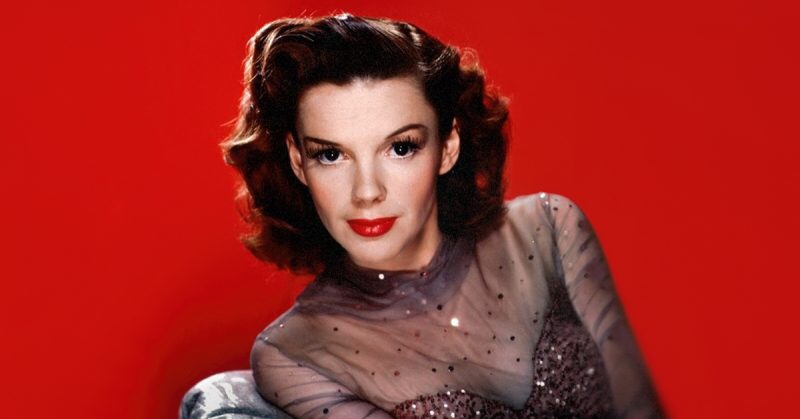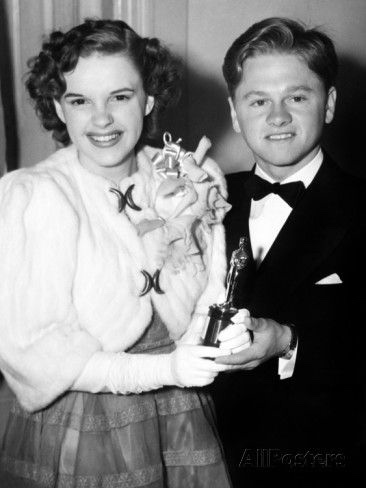
Judy Garland (born Frances Ethel Gumm; June 10, 1922 – June 22, 1969) was an American actress, singer, and dancer. During a career that spanned 45 years, she attained international stardom as an actress in both musical and dramatic roles, as a recording artist, and on the concert stage. Respected for her versatility, she received an Academy Juvenile Award, a Golden Globe Award, a Special Tony Award, and was the first woman to win the Grammy Award for Album of the Year for her 1961 live recording Judy at Carnegie Hall.

Garland began performing in vaudeville as a child with her two older sisters and was later signed to Metro-Goldwyn-Mayer as a teenager. She appeared in more than two dozen films for MGM and is best remembered for her portrayal of Dorothy Gale in Victor Fleming‘s The Wizard of Oz (1939). Garland was a frequent on-screen partner of both Mickey Rooney and Gene Kelly and regularly collaborated with director and second husband Vincente Minnelli, with whom she had a daughter, Liza Minnelli, also a singer and actress.
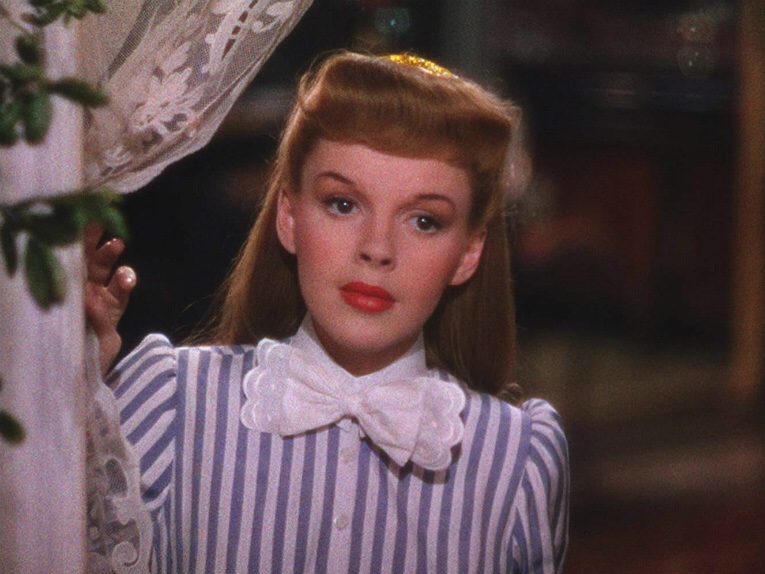
Other notable film appearances during this period include roles in Meet Me in St. Louis (1944), with Margaret O’Brien, Mary Astor, Lucille Bremer, Tom Drake, Leon Ames, Marjorie Main, June Lockhart, and Joan Carroll; The Harvey Girls (1946), with John Hodiak, Ray Bolger, and Angela Lansbury; Easter Parade (1948), co-starring Fred Astaire and Peter Lawford; and Summer Stock (1950), with Kelly, Eddie Bracken, Gloria DeHaven, Marjorie Main, and Phil Silvers. Garland was released from MGM in 1950, after 15 years with the studio, amid a series of personal struggles that prevented her from fulfilling the terms of her contract.
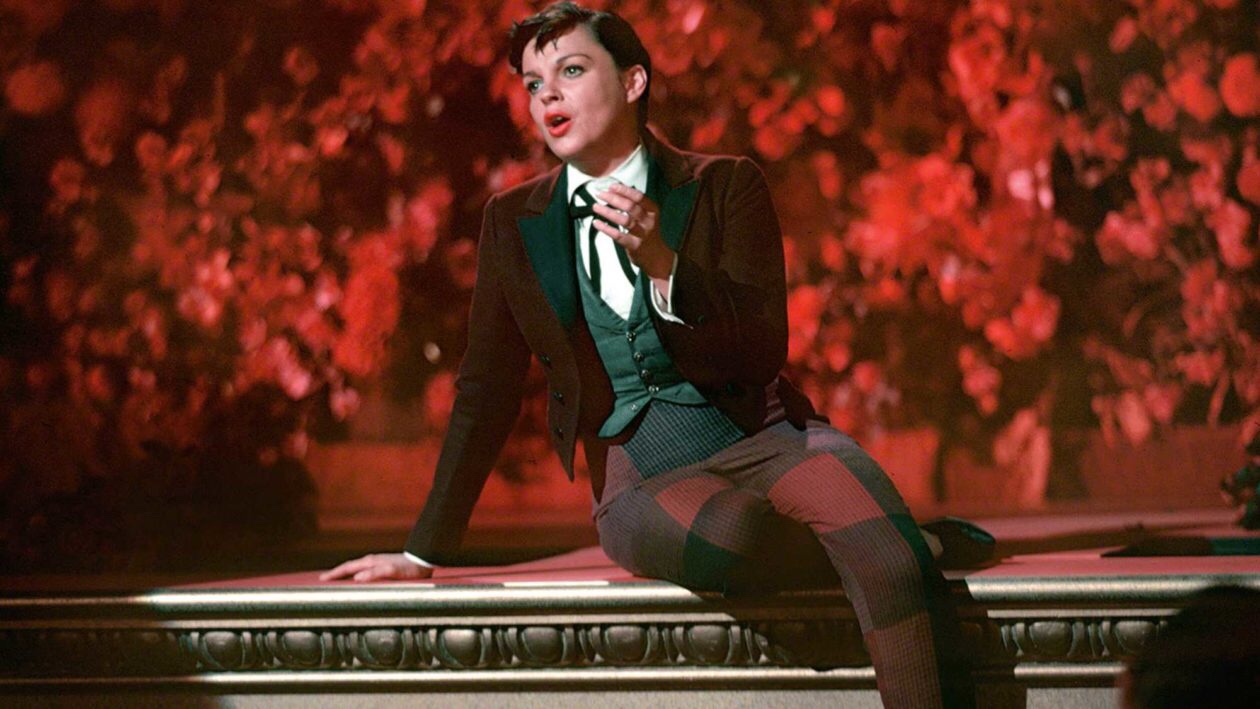
Although her film career became intermittent thereafter, two of Garland’s most critically acclaimed performances came later in her career: she received a nomination for the Academy Award for Best Actress for her performance in George Cukor‘s A Star Is Born (1954) and a nomination for Best Supporting Actress for her role in Stanley Kramer‘s Judgment at Nuremberg (1961), with Spencer Tracy, Burt Lancaster, Richard Widmark, Maximilian Schell, Werner Klemperer, Marlene Dietrich, William Shatner, and Montgomery Clift. She also made record-breaking concert appearances, released eight studio albums, and hosted her own Emmy-nominated television series, The Judy Garland Show (1963–1964).

 At age 39, Garland became the youngest and first female recipient of the Cecil B. DeMille Award for lifetime achievement in the film industry. In 1997, Garland was posthumously awarded a Grammy Lifetime Achievement Award. Several of her recordings have been inducted into the Grammy Hall of Fame, and in 1999, the American Film Institute placed her among the 10 greatest female stars of classic American cinema.
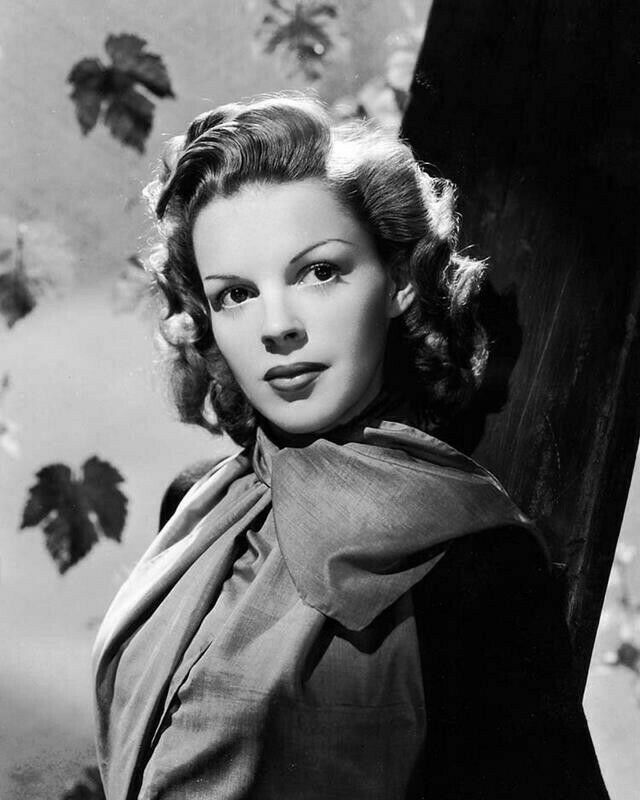
Garland struggled in her personal life from an early age. The pressures of early stardom affected her physical and mental health from the time she was a teenager; her self-image was influenced and constantly criticized by film executives who believed that she was physically unattractive and who manipulated her onscreen physical appearance. Throughout her adulthood she was plagued by alcohol and substance use disorder as well as financial instability, often owing hundreds of thousands of dollars in back taxes. Her lifelong struggle with substance use disorder ultimately led to her death in London from an accidental barbiturate overdose at age 47.
Each review will be linked to the title below.
(*seen originally in theaters)
(**seen rereleased in theaters)
- The Big Revue (1929) – short – uncredited
- Bubbles (1930) – short – uncredited
- A Holiday in Storyland (1930) – short – uncredited
- The Wedding of Jack and Jill (1930) – short – credited as Frances Gumm
- Pigskin Parade (1936) – directed by David Butler
- Every Sunday (1936) – short
- Broadway Melody of 1938 (1937) – directed by Roy Del Ruth
- Thoroughbreds Don’t Cry (1937) – directed by Alfred E. Green
- Everybody Sing (1938) – directed by Edwin L. Marin
- Love Finds Andy Hardy (1938) – directed by George B. Seitz
- Listen, Darling (1938) – directed by Edwin L. Marin
- The Wizard of Oz (1939) – directed by Victor Fleming
- Babes in Arms (1939) – directed by Bubsy Berkeley
- If I Forget You (1940) – short
- Andy Hardy Meets Debutante (1940) – directed by George B. Seitz
- Strike Up the Band (1940) – directed by Bubsy Berkeley
- Little Nellie Kelly (1940) – directed by Norman Taurong
- Ziegfeld Girl (1941) – directed by Robert Z. Leonard
- Life Begins for Andy Hardy (1941) – directed by George B. Seitz
- Babes on Broadway (1941) – directed by Bubsy Berkeley
- For Me and My Gal (1942) – directed by Bubsy Berkeley
- Presenting Lily Mars (1943) – directed by Norman Taurog
- Thousands Cheer (1943) – directed by George Sidney
- Girl Crazy (1943) – directed by Norman Taurog
- Meet Me in St. Louis (1944) – directed by Vincente Minnelli
- The Clock (1945) – directed by Vincente Minnelli
- Ziegfeld Follies (1945) – directed by Vincente Minnelli
- The Harvey Girls (1946) – directed by George Sidney
- Till the Clouds Roll By (1946) – directed by Vincente Minnelli
- The Pirate (1948) – directed by Vincente Minnelli
- Easter Parade (1948)** – directed by Charles Walters
- Words and Magic (1948) – directed by Norman Taurog
- In the Good Old Summertime (1949) – directed by Robert Z. Leonard
- Summer Stock (1950) – directed by Charles Walters
- A Star Is Born (1954) – directed by George Cukor
- Pepe (1960) – directed by George Sidney – voice cameo
- Judgement and Nuremberg (1961) – directed by Stanley Kramer
- Gay Purr-ee (1962) – directed by Abe Levitow
- A Child Is Waiting (1963) – directed by John Cassavetes
- I Could Go on Singing (1963) – directed by Ronald Neame

